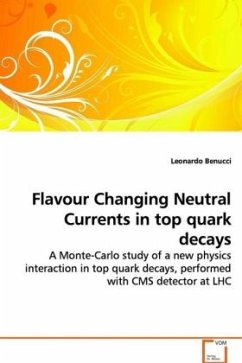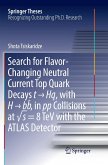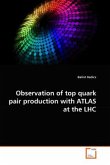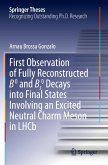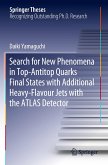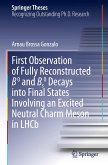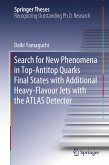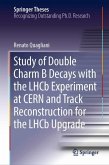This work contains an estimation of the observability
of the Flavour Changing Neutral Currents (FCNC) in
top decays with the CMS experiment at the future
Large Hadron Collider (LHC).
Since expected branching ratios for top FCNC in the
Standard Model are eagerly low, any experimental
evidence for a top quark FCNC interaction would
signal the existence of physics beyond the Standard
Model. A wide variety of Standard Model processes
have been considered into background, and selection
is optimized in order to maximize the significance in
the signal region. A full set of systematic effects,
originating from detector or theoretical
uncertainties, are added to the simulation and their
impact on the analysis is established. Results are
presented for several background levels and different
experimental conditions, then extrapolated to the
highest attainable LHC luminosities. An improvement
of two orders of magnitude in sensitivity to FCNC
branching ratio is obtained, allowing to shed light
on different new physics scenarios.
of the Flavour Changing Neutral Currents (FCNC) in
top decays with the CMS experiment at the future
Large Hadron Collider (LHC).
Since expected branching ratios for top FCNC in the
Standard Model are eagerly low, any experimental
evidence for a top quark FCNC interaction would
signal the existence of physics beyond the Standard
Model. A wide variety of Standard Model processes
have been considered into background, and selection
is optimized in order to maximize the significance in
the signal region. A full set of systematic effects,
originating from detector or theoretical
uncertainties, are added to the simulation and their
impact on the analysis is established. Results are
presented for several background levels and different
experimental conditions, then extrapolated to the
highest attainable LHC luminosities. An improvement
of two orders of magnitude in sensitivity to FCNC
branching ratio is obtained, allowing to shed light
on different new physics scenarios.

